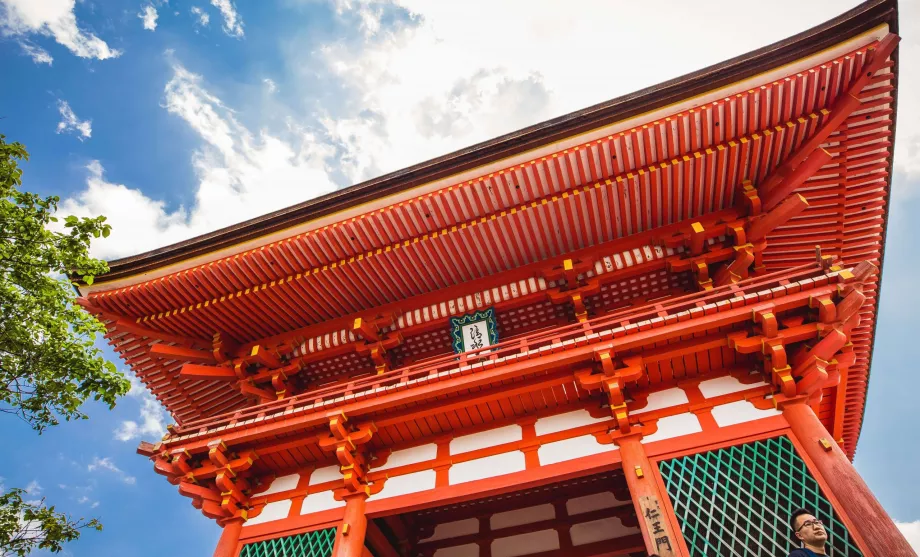Safety and security in Japan

What are the health risks in Japan? Is it safe and where are the places with the highest crime rates?
Compare prices for flights to Japan
Compulsory vaccinations
No vaccinations are required for Japan, it is a standard developed country with no major risk of tropical diseases.
If you are heading to Japan from a country with yellow fever, you must have a vaccination certificate.
Health risks
Japan is a developed modern country located outside the tropics and therefore there is very little risk of exotic diseases.
Health care and possible treatment
Healthcare and hospitals in Japan are modern and of a high standard. In case of an emergency, you do not need to worry about treatment.
It's a good idea to have a good health insurance policy as you will have to pay for any treatments as a tourist.
Drinking water
The quality of tap water in Japan is high and can easily be considered drinkable.
Dangerous animals
There are not a large number of animals that are dangerous to humans in Japan.
- Bears - Hokkaido is home to the Ussuri brown bear and the Asiatic black bear. The Ussurian bear in particular is dangerous to humans and it is recommended to carry bear spray when hiking in remote areas of Hokkaido. However, it is very rare to encounter bears on hiking trails.
- Venomous snakes - there are several species of vipers in Japan. Snakes usually stay in tall grass or bask on rocks, but they are quite shy. However, the bite mortality rate for these snakes is only about 1%.
- Hornets - Japanese hornets are a large aggressive insect species and are responsible for about 30-50 deaths per year, especially in people with allergic reactions. Do not leave windows open in the countryside during the summer and if you find a nest, contact the police.
Crime
Japan is one of the safest countries in the world.
The level of general crime here is very low. Serious crimes such as murder and rape are extremely rare, and petty crime such as pickpocketing is not common in Japan.
Even in tourist areas, there are no scammers or deliberately overpriced shops catering to tourists.
Disaster risk
Japan experiences frequent earthquakes almost every day, but most of them go unnoticed.
When major earthquakes strike, Japan is well organised, so despite the language barrier, just follow the locals, take note of your surroundings or look for a police station marked with a cross on the map.
It is recommended to hide under a table under the door frame. The vast majority of buildings are architecturally earthquake resistant.
In the event of a tsunami, seek the highest point immediately, preferably away from the coast. Typhoons also occur here, take shelter in the nearest building to wait out the danger.
Important contacts
When in Japan, you should know the following telephone numbers.
- Fire Department - 119
- Emergency services - 119
- Police - 110
You should be able to speak at least basic English on all numbers.
The international phone code for Japan is +81.
Any questions left?
If you have any questions or comments about the article...

